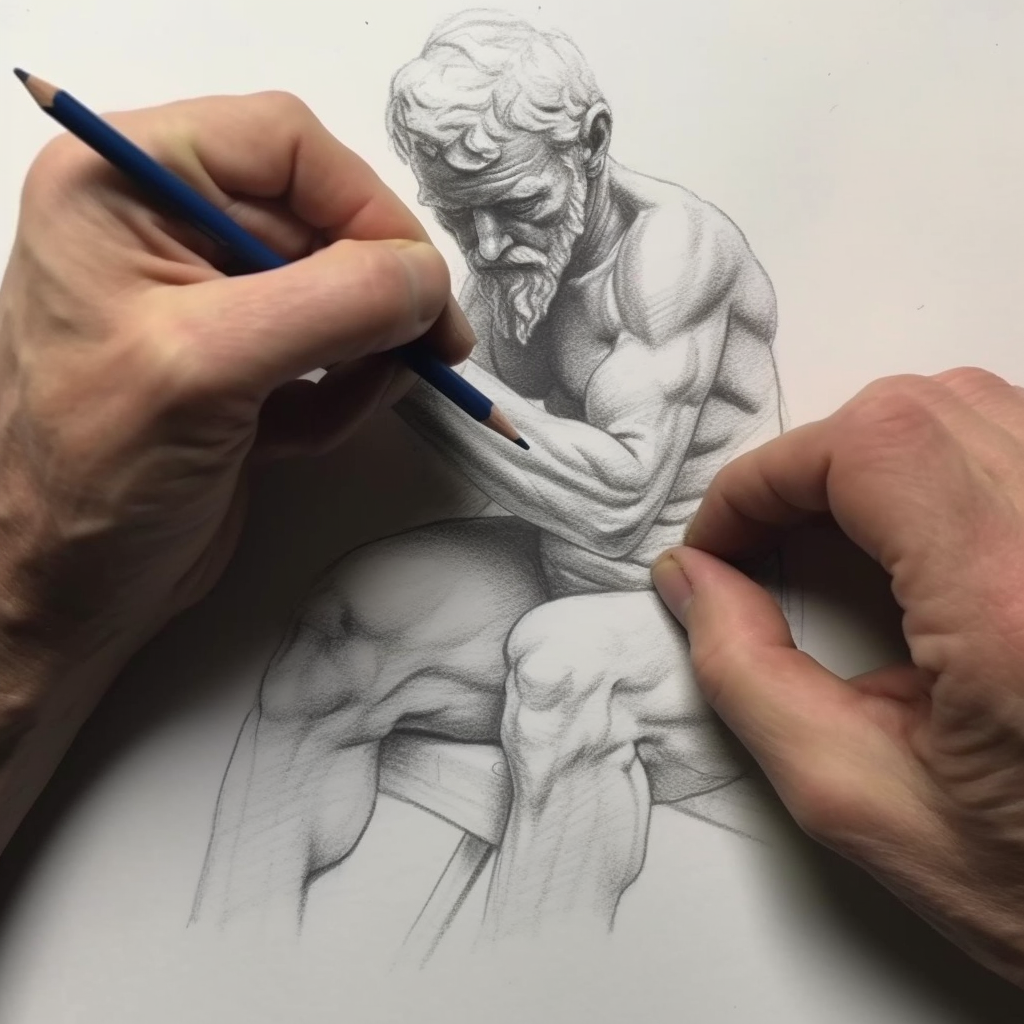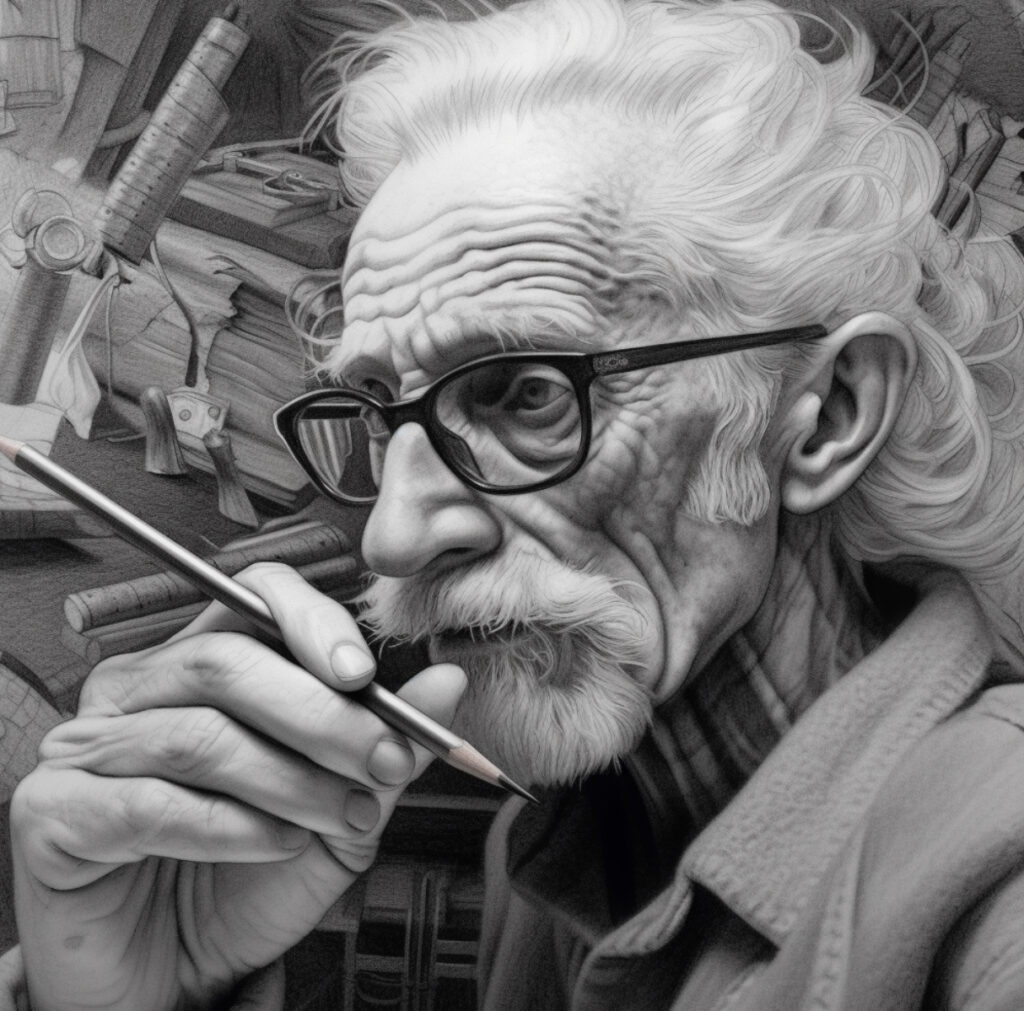When it comes to personal development, Tony Robbins stands out as one of the most recognized names, with teachings that have reached and transformed the lives of millions worldwide. Robbins’ key messages on motivation, progress, and overcoming destructive emotions resonate powerfully with the principles encapsulated in Di Tran’s soon-to-be-released book, “Drop the Fear and Focus on the Faith”. This article seeks to align the philosophies of these two influential figures, demonstrating how their combined insights can serve as a beacon for personal growth and life satisfaction.
Tony Robbins asserts that “progress equals happiness”, a maxim that distills his belief in the joy and fulfillment derived from forward movement and goal attainment. Yet, Robbins cautions that the euphoria accompanying a goal’s achievement is often ephemeral, spanning a duration from six hours to six months. As this sense of accomplishment wanes, individuals find themselves embarking on a new journey to seek progress at the next level.
In his teachings, Robbins identifies two potent emotions that often wreak havoc in our lives: anger and fear. His antidote? Gratitude. Robbins underlines the importance of daily practice, recognizing that cultivating a consistent attitude of gratitude is neither innate nor enduring without conscious effort. This routine of thankfulness acts as a powerful counter to the potentially corrosive effects of anger and fear.
Di Tran, in his upcoming book “Drop the Fear and Focus on the Faith”, shares a perspective that aligns with Robbins’. Tran exhorts readers to shed the constraints of fear and to embrace faith instead. He encourages individuals to disentangle themselves from their past, to challenge perceived boundaries of possibility, and to transcend the limitations of the ‘how’.
Tran proposes that our current understanding is intrinsically limited, frequently leading us to label the unfamiliar or new as impossible, thereby breeding fear. To counteract this, he emphasizes the need to focus robustly on the ‘what’ and the ‘why’, relegating the ‘how’ to a secondary concern. Allowing the intimidating specter of the ‘how’ to loom too large at the outset can stifle dreams and ambitions.
The remedy, according to Tran, lies in developing an unwavering conviction in the ‘what’ and ‘why’, trusting that the ‘how’ will gradually unravel as we forge ahead. This process demands a fearless commitment to our vision and purpose and an unyielding readiness to risk all for our goals.
Both Robbins’ and Tran’s philosophies converge on the idea that the purpose of setting goals is not merely their attainment but the personal growth and transformation they stimulate. Robbins defines the quality of life by the meaning and contribution we derive from it, a sentiment echoed in Tran’s encouragement to center faith in our endeavors. This shared philosophy underscores the belief that our goals should serve as catalysts for individual and collective improvement.
In conclusion, the teachings of Tony Robbins and Di Tran converge on themes of progress, personal metamorphosis, and the transcendence of fear through the nurturing of gratitude and faith. The insights from Robbins’ messages, intertwined with the principles articulated in Di Tran’s “Drop the Fear and Focus on the Faith”, provide a compelling guide for those seeking purposeful, fulfilling, and lasting happiness. Their philosophies serve as a potent reminder that our potential is unlimited, bound only by the depth of our faith and the extent of our gratitude.




